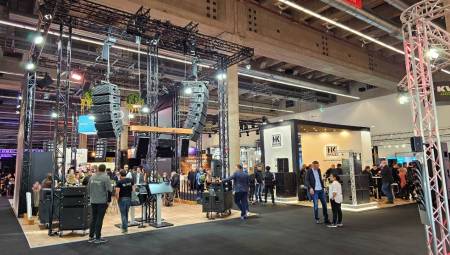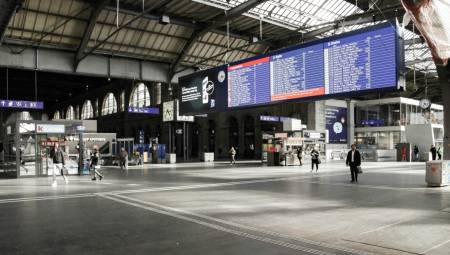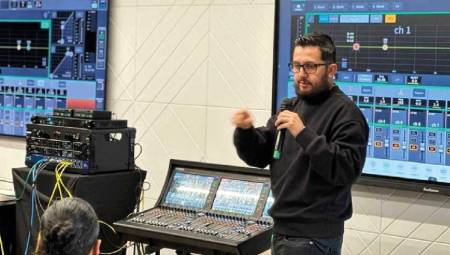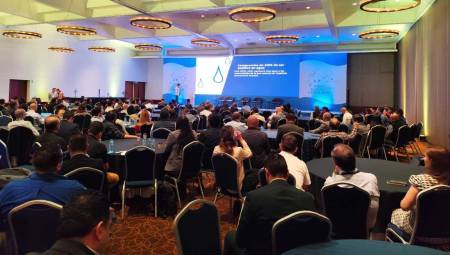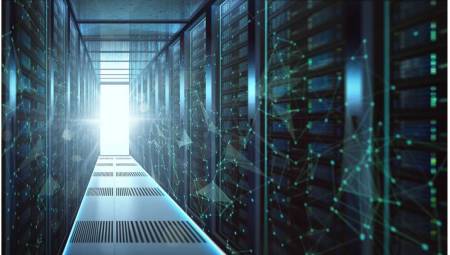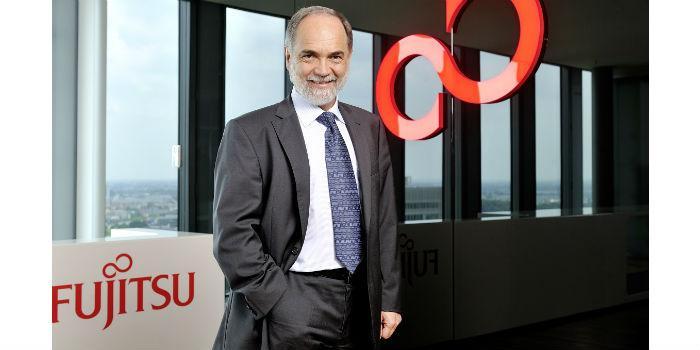 Latin America. Joseph Reger, CTO of Fujitsu for EMEIA, shows what are the 10 technological predictions of the multinational in the world of Artificial Intelligence, one of the great transformative technologies of society and business, for 2018.
Latin America. Joseph Reger, CTO of Fujitsu for EMEIA, shows what are the 10 technological predictions of the multinational in the world of Artificial Intelligence, one of the great transformative technologies of society and business, for 2018.
1.- Ubiquitous virtual assistants. They grow exponentially throughout this year that begins. It is currently being used alongside chatbots by banks and insurance companies. Consumers will notice during 2018 a significant increase, but already in 2020 they will not even realize that their interface is not human.
2.- Government health programs will resort to AI. We'll see how they start investing in AI to improve health and reduce medical spending. The focus will be on leveraging technology to accelerate diagnosis and boost preventive medicine.
3.- At least two new disruptive AI business models emerge in the next 12 months. Digitalization affects numerous industries. Therefore, it is expected to see the beginning of a new wave of disruption based on Artificial Intelligence, with retail as a candidate for these significant changes.
4.- 80% of large organizations will invest in AI. 60% will carry out proofs of concept and upon reaching their implementation phase; 100% will have the problem that your employees will not be properly trained.
5.- AI, a positive effect for employees. An entirely new market for AI-based jobs will emerge and technology will not significantly replace workers. However, as AI will automate many traditional jobs, this will create a major challenge heading into 2020.
6.- By the end of 2018, AI will be used to optimize the next generation of AI production. Until now, techniques in which one AI is used to improve the performance of another only existed in research. In 2018 we will see these techniques, such as Generative Adversarial Networks (GANS) implemented to improve the production of AI systems.
7.- All aspects of manufacturing will use AI to a greater or lesser extent by the end of 2018. At least at some point in the value chain whether in logistics, manufacturing or maintenance.
8.- Assembly line workers will have more and more robot colleagues. To date, robots only worked inside cages in manufacturing processes. But, the emerging generation of intelligent autonomous robots can safely see, touch, and collaborate with humans, while taking on the heavy lifting of assembly, in addition to boring, routine tasks.
9.- Conversations about the ethics of AI will increase. There will be a great increase in debates on this topic and it will be a subject of debate at the governmental level in several countries.
10. AI systems will become virtually invisible. As you rely on AI to perform more tasks, they will become more familiar, just like the technologies we interact with on a daily basis. This will lead to it being accepted as a "more natural" Intelligence.




